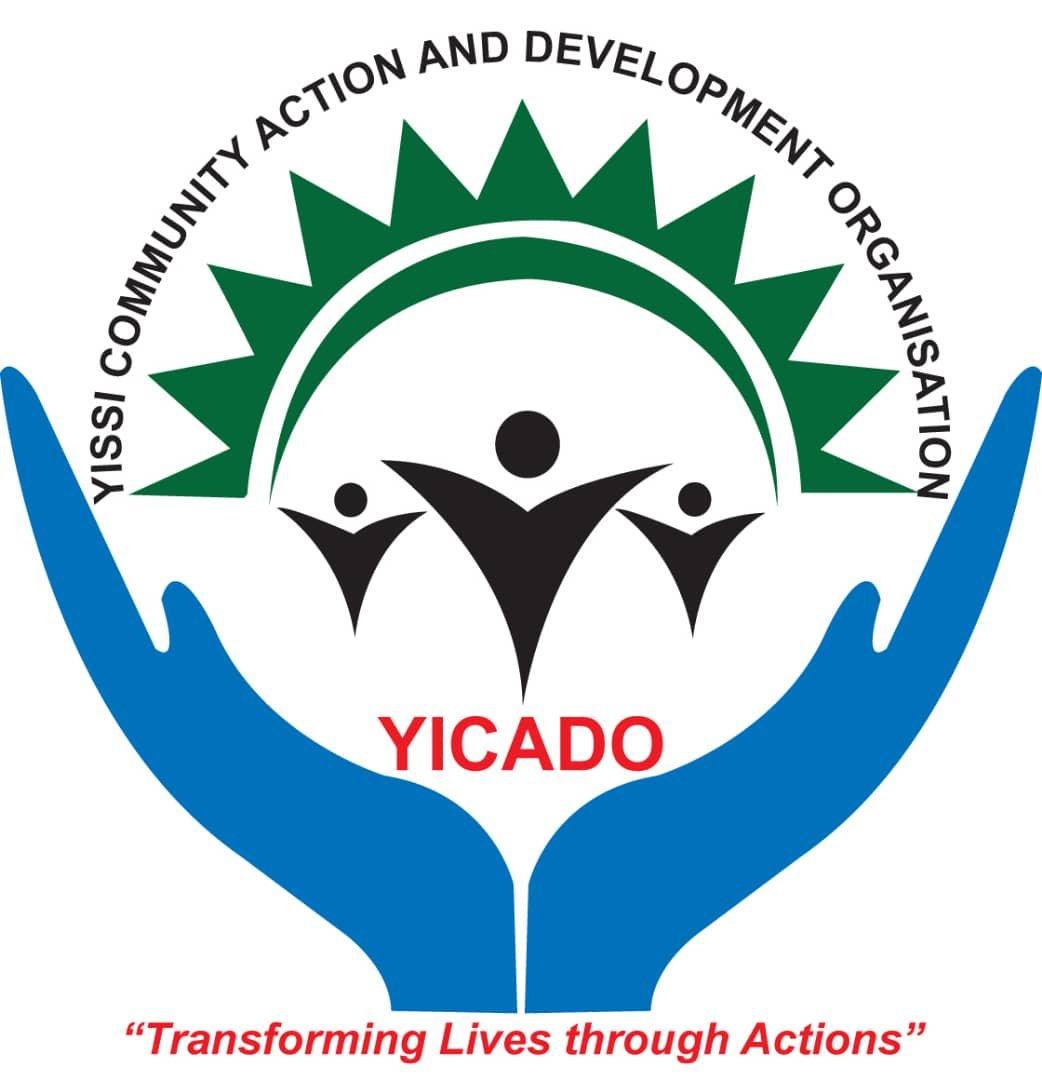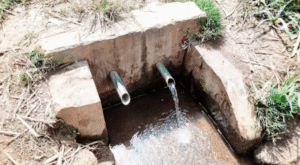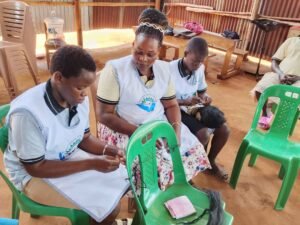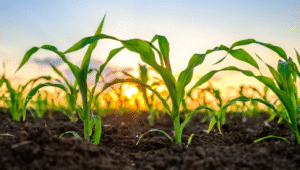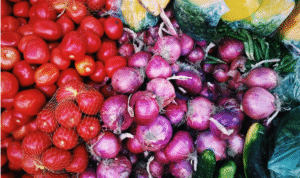 Community Health and Nutrition Promotion.
Community Health and Nutrition Promotion.
High rates of malnutrition, especially among children and pregnant women, coexist with preventable diseases. Limited access to health facilities and information in rural areas exacerbates poor health outcomes and stunting. We conduct community-wide education on disease prevention (HIV/AIDS, TB, Malaria), support access to sexual reproductive health services, and promote maternal and child nutrition through training and demonstrations on preparing balanced meals from locally available foods. We aim to reduce the prevalence of preventable diseases and malnutrition, empowering families with the knowledge to improve their health and nutritional status for a more productive life.
Water, Sanitation and Hygiene (WASH)
Many rural Ugandan communities still rely on contaminated water sources and practice open defecation, leading to high incidence of waterborne diseases like cholera and diarrhea, which are a leading cause of child mortality. We conduct community mobilization and awareness in rehabilitating protected water sources like boreholes and springs, promote household latrine coverage and distribute hygiene kits. We also establish school WASH clubs to teach children about proper hygiene practices. We aspire to increase access to safe water and sanitation, reduce waterborne diseases and instill sustainable hygiene behaviors for a healthier community.
Education and Skills Development
High dropout rates, especially among girls due to teenage pregnancy and cultural norms, and a significant skills gap among youth leaving school, leading to high unemployment and underemployment. We support formal education by providing scholastic materials, mentoring girls to stay in school and constructing classroom blocks. For out-of-school youth and adults, we offer functional adult literacy and vocational skills training (e.g, tailoring, hairdressing, mechanics) for self-employment. We strive to increase school enrollment and completion rates, reduce illiteracy and equip youth and women with market-relevant skills for enhanced livelihoods and economic opportunities.
Resilient Livelihoods & Sustainable Agriculture.
Smallholder farmers are highly vulnerable to climate change impacts like erratic rains and prolonged droughts, leading to crop failure and food insecurity. Limited access to credit and markets further traps them in poverty. We train farmers in climate-smart agriculture (e.g, drought-resistant crops, soil conservation), provide improved seeds and support the formation of farmer cooperatives for collective marketing. We also establish Village Savings and Loan Associations (VSLAs) to provide access to capital for small businesses.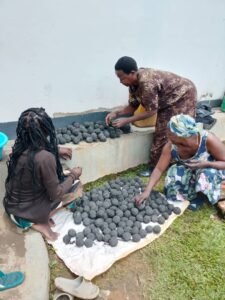
Climate Change and Environment Protection
Uganda faces severe environmental degradation, characterized by rapid deforestation due to high dependence on wood fuel for cooking. This loss of tree cover, combined with unsustainable land use practices, exacerbates soil erosion, reduces biodiversity and increases the vulnerability of communities to the impacts of climate change such as unpredictable seasons, droughts and landslides. We promote the efficient protection of the environment and climate resilience through practical, community-led actions. Our initiatives include advocating for and distributing clean renewable energy technologies like improved cookstoves, biomass briquettes and solar home systems. We conduct awareness campaigns on protecting vulnerable ecosystems and actively promote afforestation and reforestation efforts within target communities. We aim to mitigate climate change effects, reduce household dependency on charcoal and firewood, improve indoor air quality for better health and restore degraded landscapes. By empowering communities with sustainable alternatives, we strive to build a more resilient environment for current and future generations.
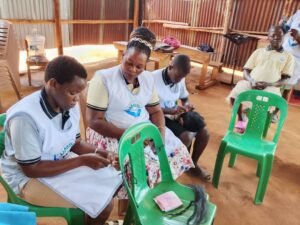
Gender Protection and Psychosocial Support
Gender-Based Violence (GBV), including domestic violence and child marriage, remains prevalent. Cultural stigma and a weak justice system often prevent survivors from seeking help, leading to profound psychological trauma and hindering community development. We provide safe spaces for women and girls, conduct community dialogues to challenge harmful gender norms and offer counselling and legal referral services for survivors of Gender-Based Violence (GBV). We also empower women economically and socially to be agents of change. We work to reduce incidences of GBV, empower survivors to recover and thrive and foster a community environment that respects and protects the rights and dignity of women and girls.
